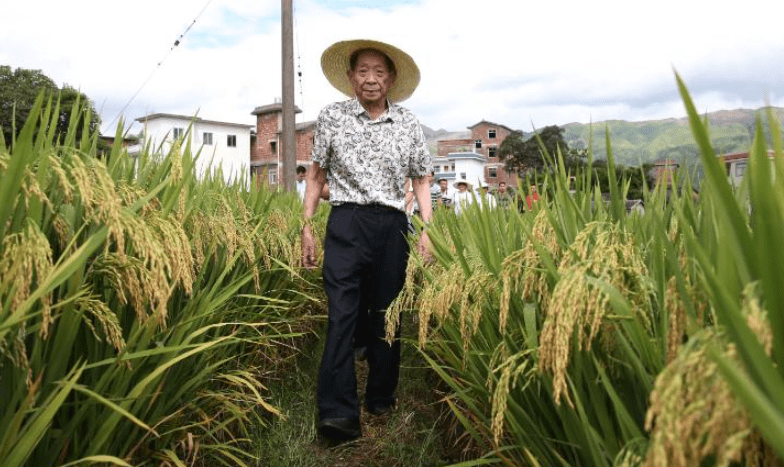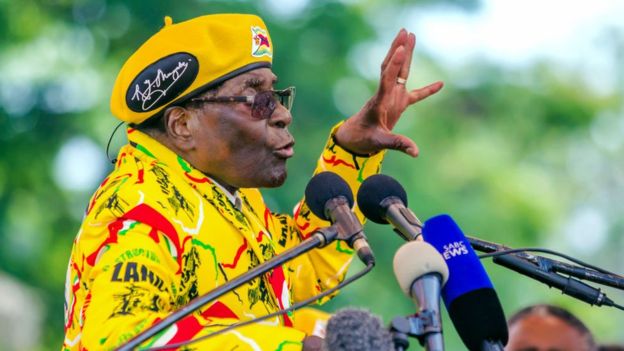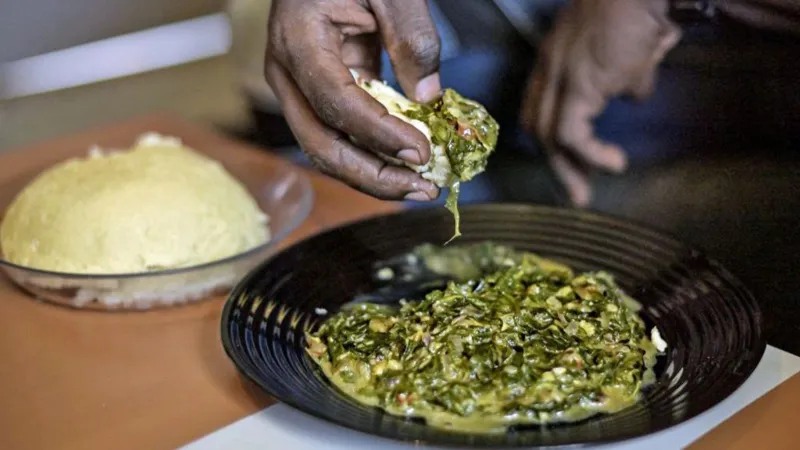As people across China this weekend mourned Yuan Longping, a symbol of China’s scientific prowess and national hero, even the slightest voice of discord was too much for the Chinese government.
Yuan, who cultivated the world’s first high-yield hybrid rice strain and saved millions from hunger, died of organ failure at the age of 90 on Saturday.
His death triggered an outpouring of grief across the nation. In Changsha, where he died, crowds lined the streets and cars honked as his hearse drove by on Saturday. On Sunday, tens of thousands of people lined up in the rain outside his funeral home, state media reported.
But as tributes flooded in on China’s social media platforms, it also emerged that at least three people had been detained for posting “insulting remarks” against Yuan, according to police notices and state media. Chinese social media site Weibo shut down 64 accounts that had posted content insulting Yuan.
While the offending comments were disrespectful, they weren’t widely circulated and carried little real risk of reputation damage.
But under President Xi Jinping, Chinese authorities have become increasingly intolerant of any voices that criticize national heroes — or question the narrative about them. And in the run-up to the ruling Communist Party’s centenary, on July 1, that’s only escalated.
Yuan devoted his life to developing rice strains that yield higher harvests after the Great Chinese Famine that killed tens of millions between 1959 and 1961. His variants helped alleviate famine in developing countries across Asia and Africa.
In 2019, Yuan was awarded the Medal of the Republic, China’s highest official honor, by Chinese President Xi Jinping. On social media this weekend, some questioned why he had never won a Nobel prize.
What’s lesser known to the public is that Yuan had tried to avoid politics. In an interview with Chinese magazine People in 2013, he said he’d never joined the Chinese Communist Party or its youth wing.
“Sometimes you say the wrong things because you don’t understand politics,” he said.
During China’s Cultural Revolution, Yuan learned that the hard way when previous comments he’d made opened him up to attacks.
When years earlier, he’d been told a crop strategy he had critiqued was, in fact, the instruction of Mao Zedong — the late Chairman whose campaign to modernize the Chinese economy caused the country’s worst famine of modern times, Yuan had responded: “Chairman Mao didn’t study crop science.”
Luckily, his research on rice published that year in a scientific journal drew the attention from senior Chinese officials in time to protect him from repercussions. “It saved my life,” he said.
He couldn’t have known then that decades later, up on his death, people would be detained for making “insulting remarks” about him.




